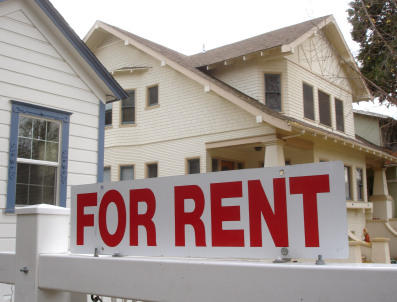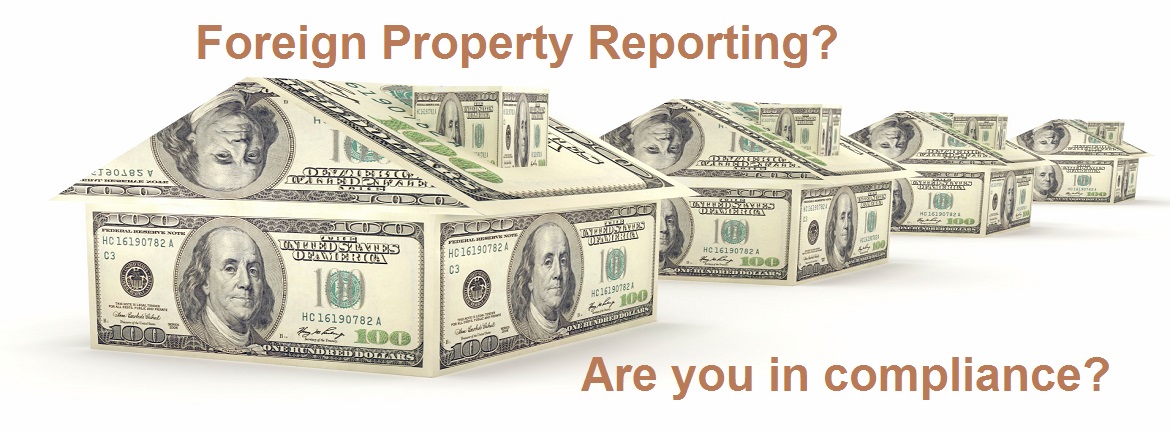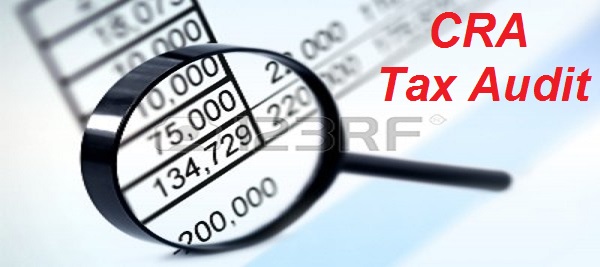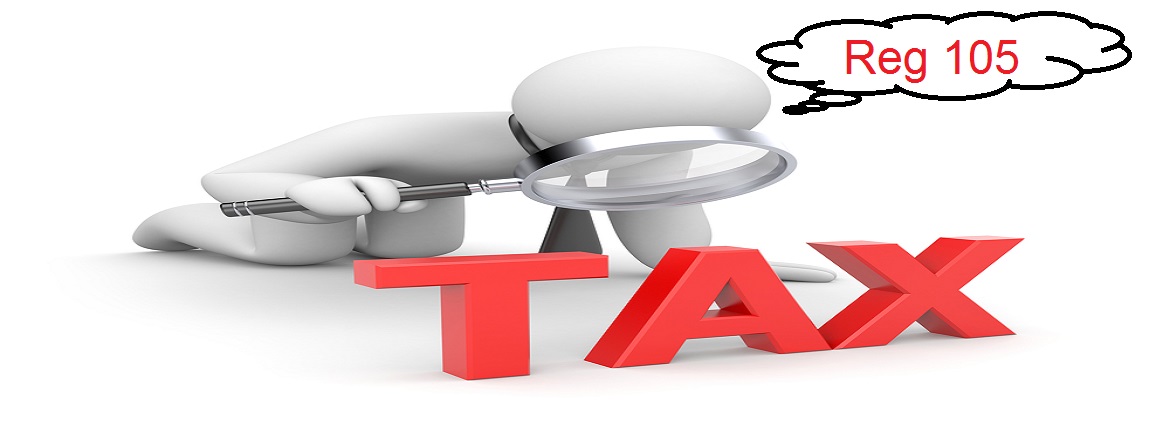Canadians with US Rental Property – Cross-Border Tax Implications
Canadians earning income from US rental property can be fraught with unexpected cross-border tax problems, which could severely hurt their after-tax return on investment. It is important to consult a cross-border tax professional before the purchase to understand all the US and Canadian tax implications of owning US rental property and to make the best decision for their situation on the right structure to own and finance the purchase of US rental property.
If you are planning to purchase US rental property, you need to have some basic understanding of the following US and Canadian tax law before you can make a sound decision on how you should own and finance the purchase of the US rental property.
How will US and Canada Tax Your Income from the US Rental Property?
For US tax purposes, Canadian residents (who are not US citizen) earning income from US rental property are subject to a non-resident withholding tax of 30% on the gross rental income. The Canadian residents will have no further US tax liability and do not have to file a US tax return to report the rental income. The property manager or tenant of the US property (i.e., withholding agent) is required to withhold the taxes from the rent payments and remit to the US tax authority, IRS. The withholding agent must also file Form 1042 “Annual Withholding Tax Return for US Source Income of Foreign Persons” with the IRS and provide the Canadian residents with Form 1042-S “Foreign Persons US Source Income Subject to Withholding” detailing the amount of gross rental income and the amount of non-resident tax withheld. Under this withholding tax regime, the Canadian residents are not permitted to deduct any expenses incurred to earn the rental income. The 30% withholding tax on the gross rental income could be more than the net rental income from the US rental property!
Instead of being subject to the 30% non-resident withholding tax, Canadian residents earning US source rental income may elect to file a US tax return and pay tax on the net rental income at the graduated rates if the Canadian residents are individuals or at a flat rate of 35% if the Canadian residents are corporations, which is usually more beneficial. The net rental income is to be determined based on the US tax law. To make the election, Canadian residents need to apply for a tax identification number and provide the withholding agent (not the IRS) with a completed Form W-8ECI “Certificate of Foreign Person’s Claim for Exemption from Withholding on Income Effectively Connected with the Conduct of a Trade or Business in the United States”. If the Canadian residents make the election not to be subject to the withholding tax regime, but fail to file the tax return within the specified time period, the IRS will disallow all deductible expenses as well as any related loss carryovers. In addition, the IRS will assess penalties for late filing and underpayment of tax. Tax returns may also need to be filed for the state and city in which the property is located.
For Canadian tax purposes, Canadian residents need to include the US source net rental income in computing their taxable income and pay tax at the graduated rates if the residents are individuals or at a flat rate if the residents are corporations. The net rental income is to be determined based on the Canadian tax law. To reduce or avoid double taxation, Canada will allow a foreign tax credit for US income tax paid on the US source rental income. However, it is possible that not all the US tax paid could be recouped as foreign tax credits in reducing the Canadian tax payable. Any unused foreign tax credits in a year cannot be carried over to future years. On the other hand, it is also possible that taxes are payable for Canada but not for the US in some situations. Double taxation may arise in those situations.
How will US and Canada Tax Your Estate?
Canadian residents (who are not US citizens) may be subject to US estate tax if they die owning certain US assets, such as shares of US corporations, US real estate and US business assets. The US estate tax on the taxable estate up to US$1 million is based on progressive rates ranged from 18% to 39%. The total estate tax payable on the first US$1 million of taxable estate is US$345,800. The top marginal rate for taxable estate in excess of US$1 million is 40%. A unified credit is then deducted from the gross estate tax to arrive at the estate tax payable. The unified credit for US citizen or residents for 2014 is US$2,081,800[1], which is equal to the tax on a US$5.34 million estate (i.e., the “unified credit exemption”). This exemption amount is indexed for inflation annually. Under the Canada-US Treaty, the unified credit available to Canadian residents who are non-US citizen is prorated based on the ratio of US-situs assets to the total worldwide estate. Accordingly,
- deceased Canadian residents with worldwide taxable estate not exceeding US$5.34 million should have no US estate tax payable for 2014. Nevertheless, the estates may have a requirement to file a US tax return if the deceased Canadian residents were non-US citizen with US-situs assets exceeding US$60,000;
- for deceased Canadian residents who are US citizen with worldwide taxable estate exceeding US$5.34 million, the US estate tax payable is 40% of the portion of the taxable estate in excess of US$5.34 million; and
- for deceased Canadian residents who are non-US citizen with worldwide taxable estate exceeding US$5.34 million, the US estate tax payable is computed as illustrated in the example below.
Example
- US$1.5 million of US situs assets —-> Gross estate tax = US$545,800[2]
- Total worldwide estate valued at US$10 million
- Unified credit for 2014 = US$2,081,800 x 1,500,000 / 10,000,000 = US$312,270
- Estate tax payable for 2014 = US$545,800 – US$312,270 = US$233,530
On death, a Canadian resident individual will pay Canadian tax on any accrued gain on the US rental property. If the deceased’s worldwide assets are valued at more than US$5.34 million, the deceased may also need to pay US estate tax. Canada will allow a foreign tax credit for US estate tax paid on the US rental property. However, Canadian capital gains rates are significantly lower than the top US estate tax rate; the deceased likely will pay tax at the US estate tax rate. In addition, the provinces and territories generally do not allow a foreign tax credit for US estate tax paid. As a result, the deceased may be subject to some double taxation.
We Can Help
We are a Toronto Chartered Accountant firm with 20 years of specialized experience in Canadian domestic and international taxation. We can assist with
- Cross border taxation;
- Business and succession planning;
- Canadian personal and corporate tax returns;
- Corporate tax planning and reorganization;
- Retirement planning;
- Estate planning and inheritance tax advice; and
- Tax audit dispute and resolution.
Contact us to schedule an appointment.
————————————————
The information in this article is general in nature and does not constitute professional advice. We recommend that you obtain the appropriate professional advice before acting on any of the information contained herein.
Published in Canadian MoneySaver • July/August 2014 • https://www.canadianmoneysaver.ca
[1] US$2,081,800 = US$345,800 (U.S. estate tax on the first US$1 million) + (US$5,340,000 – US$1,000,000) * 40%
[2] US$545,800 = US$345,800 (U.S. estate tax on the first US$1 million) + (US$1,500,000 – US$1,000,000) * 40%







